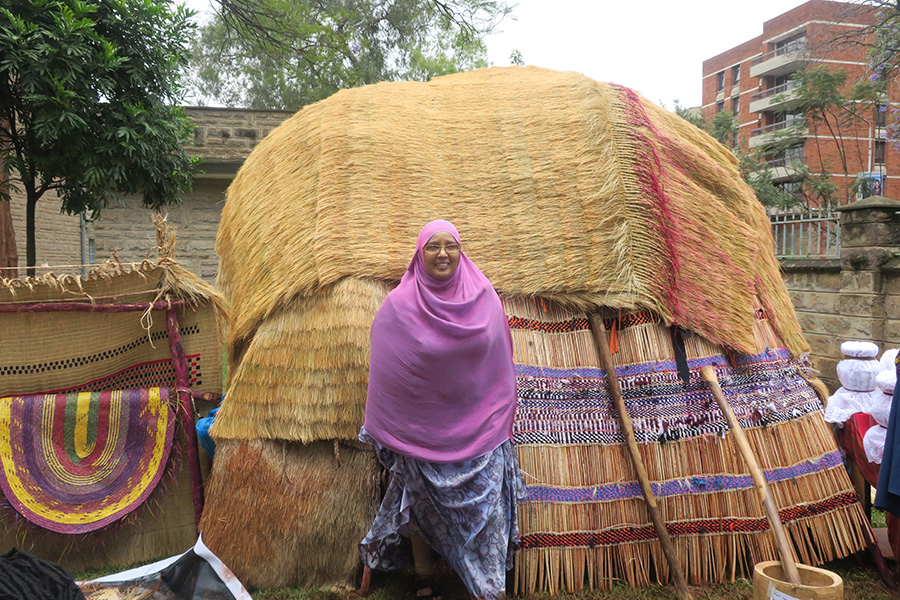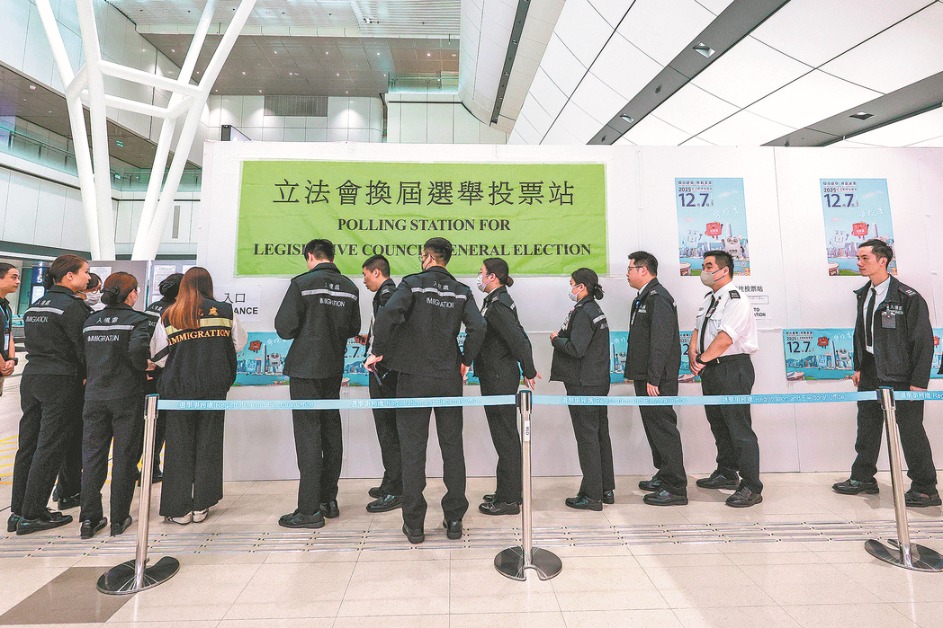Culture hurting Somali women in elective politics in Kenya
By Lucie Morangi in Nairobi, Kenya | chinadaily.com.cn | Updated: 2019-10-21 18:39

Women in Kenya of Somali origin continue to face significant cultural obstacles that are limiting their political participation in the country.
During the fifth Somali Heritage Week held in Nairobi, political analysts and leaders discussed how cultural traditions such as a patriarchal value system and clan-based power have put additional barriers on women from this community compared to their counterparts in other regions.
The discussion comes at a time when debate on gender parity has dominated public discourse. Conversely, there is also rising concern in the community that cultural traditions are fading as the younger generation adopts western culture.
Balancing the two has therefore become a rather sensitive issue in the community.
"While the need to pass down our culture is important, the question of cultural traditions and practices continues to stifle women's advancement in leadership positions. Reforms remain a difficult issue for us," said Fardowsa Jama, the executive director of Awjama Omar, a cultural research center and organizer of the three-day event.
Running under the theme, "Dialogue: Sharing our Stories and Building Hope", the event aims to create a safe space to seek solutions that may address the needs of the 2.4 million Somalis living in Kenya, Jama said.
Sophia Abdi Noor, the Member of Parliament from Ijaara, a constituency in Kenya's northeast, said negotiated democracy, which is a term used to refer to the practice of agreeing how to distribute political positions in advance of an election, continues to hurt women's chances in elective politics.
"Although the system has been successful in averting inter-clan violence, it has systematically been used to bar women from political leadership," she said.
Women are not represented in the elders' councils, thus limiting their chances of endorsement. "And once this happens, the clan does not vote for them. It is an uphill task to overturn this practice, but with determination and an awareness campaign, it is possible," said the first-time legislator.
Revealing that she had tried and failed twice before due to the system, Noor said negotiated democracy also has limited women's participation in community development. This is despite research showing that they are instrumental in peace building.
"Despite some gains, female politicians still face an uphill task in shrugging off these barriers. Somali traditions are still conservative, and confine a woman's role to family and community life," she said.
The situation has been acerbated by the failed attempt to increase women representation in political leadership positions through the one-third gender role. Known as the Gender Bill, it advocates for at least one-third gender representation in public office. The Kenyan Parliament is required to enact the law to give it force.
This was to be done two years ago. However, it has been tabled and discussed in Parliament several times but has been defeated.
This has therefore left only a handful of women holding leadership positions in a country where half the population is female. The number is even smaller from the Somali community, with only one woman elected in the 68-member Senate.
"Negotiated democracy entrenches the marginalization of women in political leadership and decision making. Sometimes the clans would rather have a bad leader who is male than give a good female leader a chance. I think this structure should be reformed to inject change in society," said Abdi Ibrahim Issa, the deputy governor of Isiolo, a county in northeastern Kenya.
He noted that Somali women have made a significant mark in world politics and this can be done by women living in Africa too. He mentioned Ilhan Abdullahi Omar, the US Representative for Minnesota's 5th Congressional district and Laila Ali Elmi, the first Somali-Swedish woman to be elected to the National Parliament.
In Somalia, the country in the Horn of Africa has enacted a 30 percent quota to buoy women's representation in Parliament. In 2016-17, 80 women were selected, a 24 percent representation up from 14 percent in 2012.
"The focus on female participation in politics is seen as one way to ensure women's rights are respected and developed," said Jama, the organizer of the event.
Rwanda continues to be the global leader with the highest number of women representatives in political leadership positions.
























